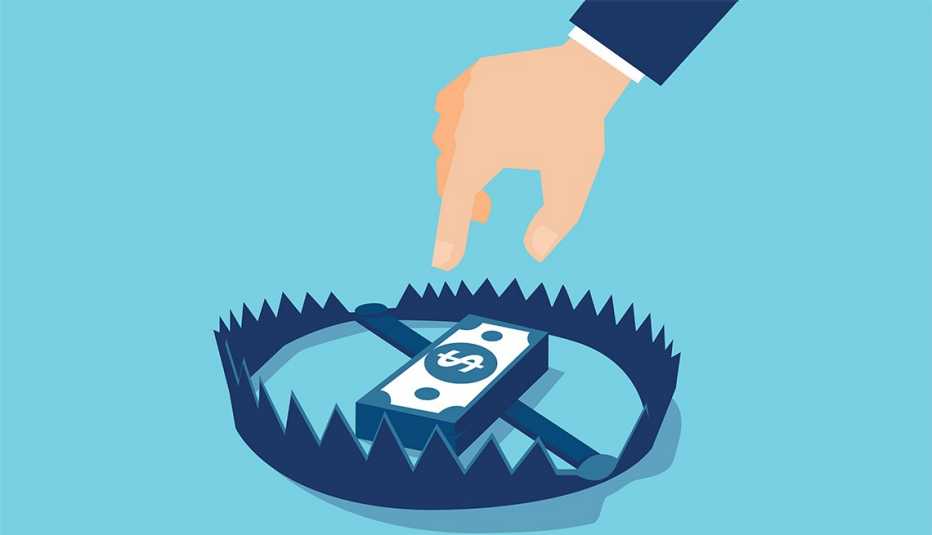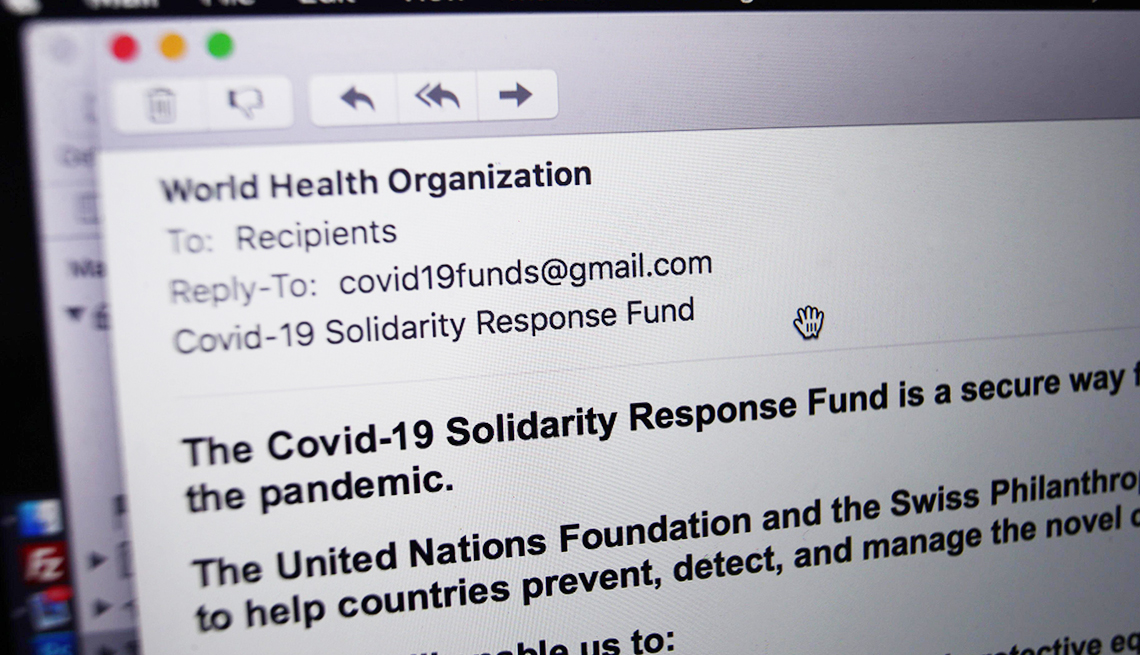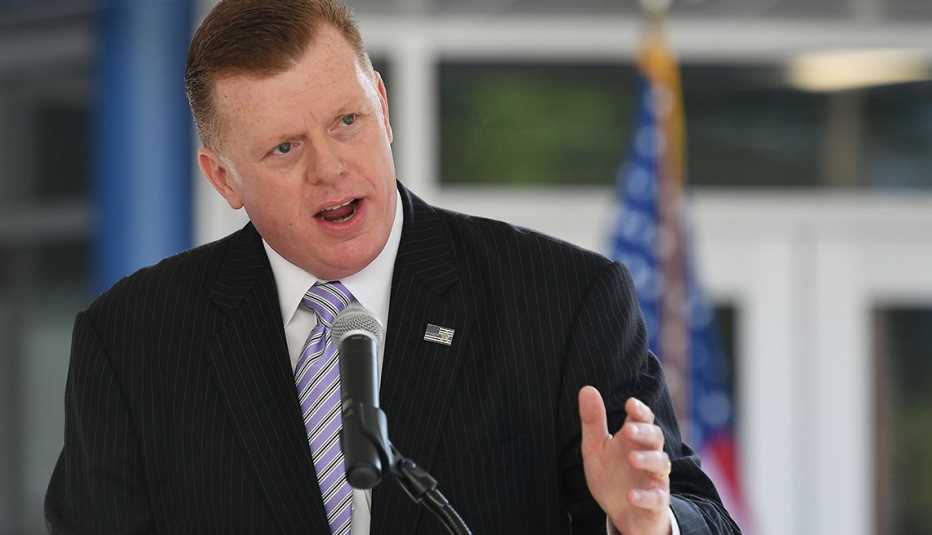AARP Hearing Center
Scam Alert: This email is from fraudster lying about being tied to the World Health Organization. Note it is from a gmail address, not from the WHO.
Bill Brown, an FBI official in Washington, has an urgent message for anyone victimized by a coronavirus-related fraud: “Please do report it.” When scams are reported, Brown says, agents and analysts are able to cull incoming complaints to “make sure that we're addressing every credible threat, and every credible target, quickly and efficiently."
Brown, a supervisory special agent and chief of the bureau's Economic Crimes Unit, spoke to AARP about fraud trends during the pandemic. He also discussed anticipated crimes on the horizon.
The unit he leads probes large-scale frauds that victimize individuals, businesses and industries. The cases include elder fraud, corporate and securities fraud, market manipulation, insider trading, Ponzi schemes and other offenses categorized as frauds and swindles.


Beware COVID-19 Scams on the Horizon
Here are frauds FBI official Bill Brown expects are lurking on the horizon due to the pandemic:
• Ponzi schemes. Since the U.S. had a strong economy leading up to the novel coronavirus, some aggressive investments in the past may turn out to be smoke and mirrors. In a Ponzi scheme, belief in the success of a non-existent enterprise is fostered by the payment of quick returns to the first investors using funds coming in from subsequent investors. If you can’t reach your investment advisor or broker, or can’t withdraw your money, those are red flags.
• Frauds involving so-called “safe havens.” Be careful of making investments that promise overly inflated rates of return. The rates may not be “astronomical,” but if they exceed what major banks and credit unions are offering, exercise caution.
• Frauds involving investments in gold and silver. These may not even use the words “COVID-19” to lure potential investors, he says. Remember that all that glitters is not gold.
Today there's a laser focus on the U.S.-based and foreign crooks who are chasing a payday from the pandemic. They're government impostors. They're money launderers. They're con artists collecting cash for bogus charities. They're hucksters touting fake and even dangerous “cures” for a disease for which there is no approved remedy.
"COVID was a curveball this year that nobody anticipated, but it is one of our top priorities right now,” Brown says.
The FBI is part of the Department of Justice. More than 3,600 complaints about COVID-19 scams were made to the bureau's Internet Crime Complaint Center as of April 21, the department said.
According to Brown, experience with economic hardship during the Great Recession and with past disasters including the BP oil spill and Hurricane Katrina has helped law enforcement forecast what misdeeds might surface during the ongoing global health crisis.
Scams that are trending include:



































































